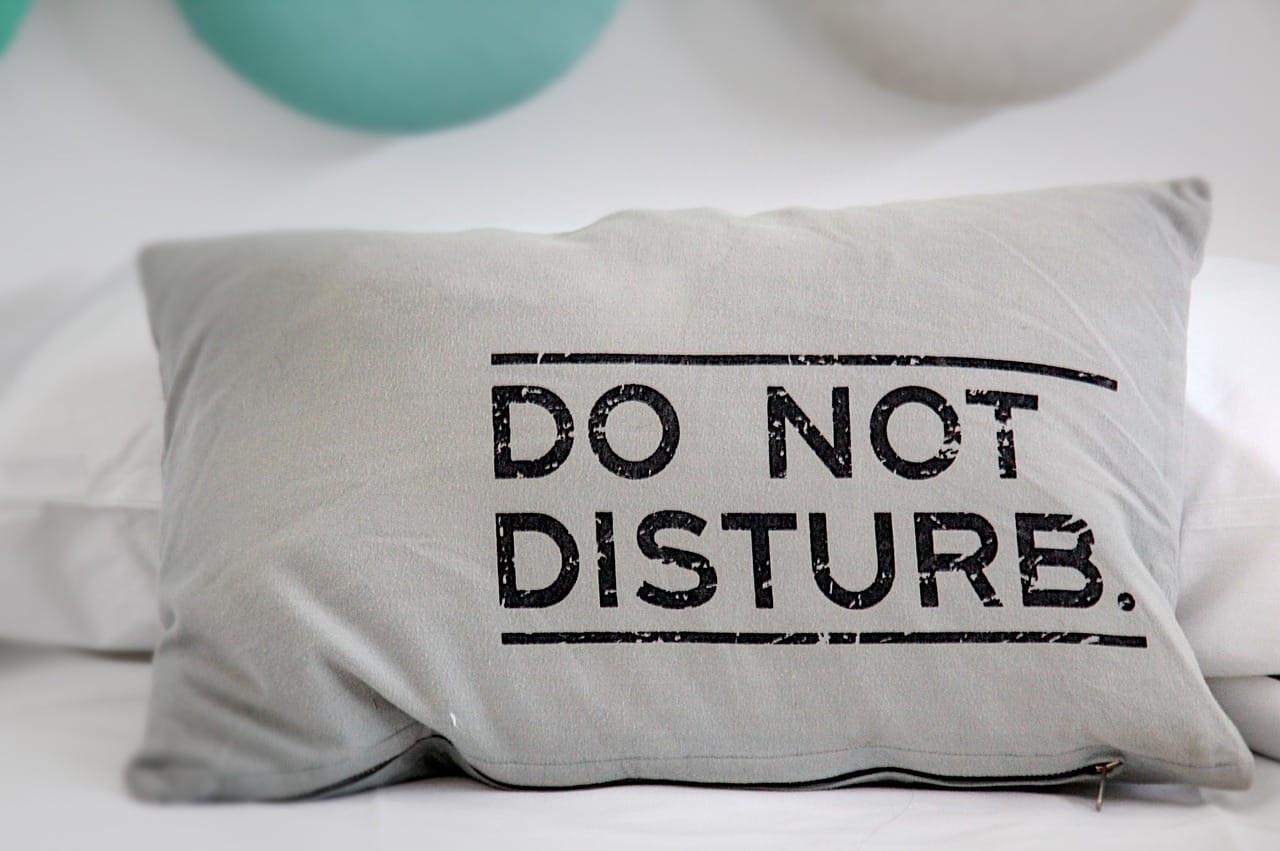Mental Prison: How to Overcome and Confront Inner Limitations

Hello, friends! Today, I want to share some thoughts on a topic that’s both delicate and crucial for our mental health and emotional well-being: the mental prison. Each of us carries an “emotional backpack” filled with experiences—some inspiring, others painful—that make us who we are. But sometimes, these same memories become obstacles when we revisit them too often or negatively.
In my case, constantly looking back kept me stuck in a cycle of negative thoughts and endless “what ifs,” stopping me from moving forward. This mental imprisonment became an invisible barrier, draining my energy, shifting my focus, and deeply impacting my emotional health.
Challenges and Impact
Mental imprisonment often sneaks up on us, starting with a simple “What if?” or “Why didn’t I do it differently?” Before we know it, we’re trapped in our own thoughts. Dwelling on the past or obsessing over the future can create a spiral of anxiety, where we carry around imagined scenarios that are often unrealistic and damaging.
For me, these reflections became a constant burden, pulling me away from people I cared about and activities I enjoyed. The worry about the future started to paralyze me, and instead of living in the moment, I was trapped in a world of possibilities and fears that only existed in my head. This mental prison doesn’t just limit today; it also holds us back from finding peace or any sense of personal growth.
Strategies for Breaking Free
Realizing I was in a mental prison was the first, crucial step toward freedom. But recognizing it was only the beginning—I had to take action and find ways to replace these negative thoughts with healthy practices that helped me focus on the here and now. Here are a few strategies that worked for me and could help you break free from the mental prison, too:
1. Practice Mindfulness:
Learning to be present is key to breaking the cycle of negative thoughts. Start your day with a simple five-minute meditation, focusing on your breathing and body. Apps like Headspace and Insight Timer offer guided mindfulness practices for beginners, helping reduce anxiety and mental overload.
2. Set Small, Achievable Goals:
Break big goals into daily tasks to reduce anxiety and track real, measurable progress. Instead of planning out your whole year, try making weekly or even daily lists. A notebook or planning app can help you stay on track and make adjustments as needed.
3. Reduce Self-Criticism:
Practice self-forgiveness and self-compassion when thinking about past mistakes. One practical way to do this is by writing a letter to yourself, highlighting what you’ve learned from those experiences, treating yourself with the kindness you’d offer a friend. This shift helps turn self-criticism into growth and acceptance.
If you’d like to explore more about overcoming self-criticism and how to embrace self-compassion, check out the full article here: Reducing Self-Criticism: 6 Ways to Be Kinder to Yourself.
4. Keep a Journal:
Writing out your thoughts is a powerful way to organize them and understand what really matters. Start by spending five minutes each night jotting down anything that bothered you or brought you joy during the day. Rereading these entries after a few weeks or months lets you see how your thoughts and emotions have evolved over time.
5. Find a Hobby or Activity You Enjoy:
Identify an activity you love and make time for it weekly. It could be anything—drawing, cooking, painting, walking, dancing, biking, or playing a sport. Engaging in hobbies helps relieve stress, stimulates creativity, and promotes a more positive mental state.

Final Thoughts
Living in a mental prison is like existing under a perpetually cloudy sky, where freedom feels out of reach. But just as clouds pass, our thoughts can transform, too. Life is meant to be lived in the present, where we have the power to act and make changes. Although I still find myself slipping into old patterns from time to time, I’m learning to refocus my mind, embrace the present, and make peace with my past without letting it define me.
Remember, overcoming the mental prison is a personal journey, but it’s one you don’t have to face alone. Every small step toward self-care and mindfulness brings us closer to a lighter, more meaningful life. And you? Have you ever felt trapped in your own thoughts?
Share your story and tips to help others break free from the mental prison. 🌿






